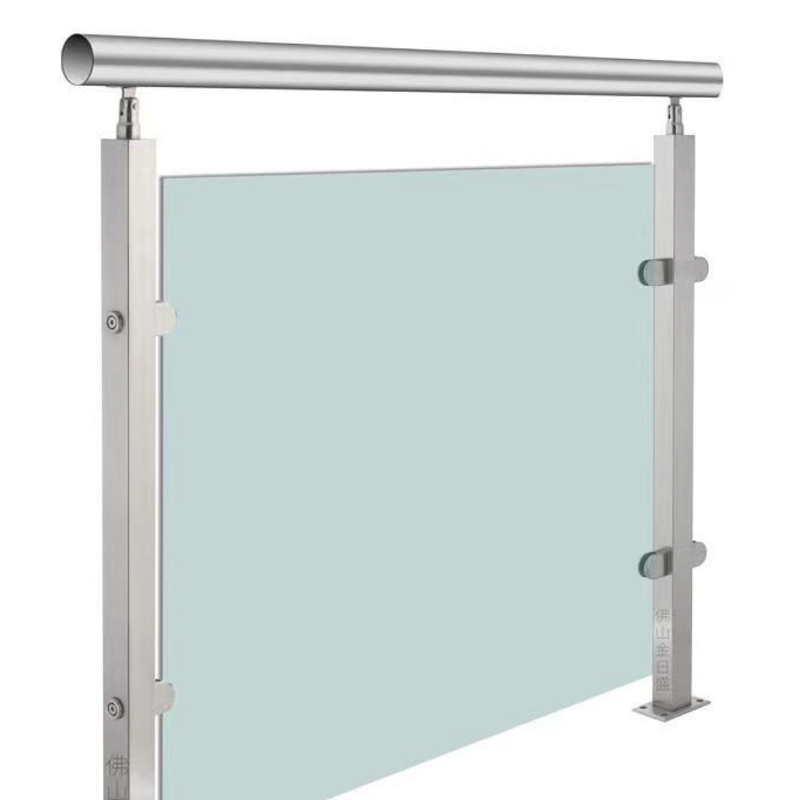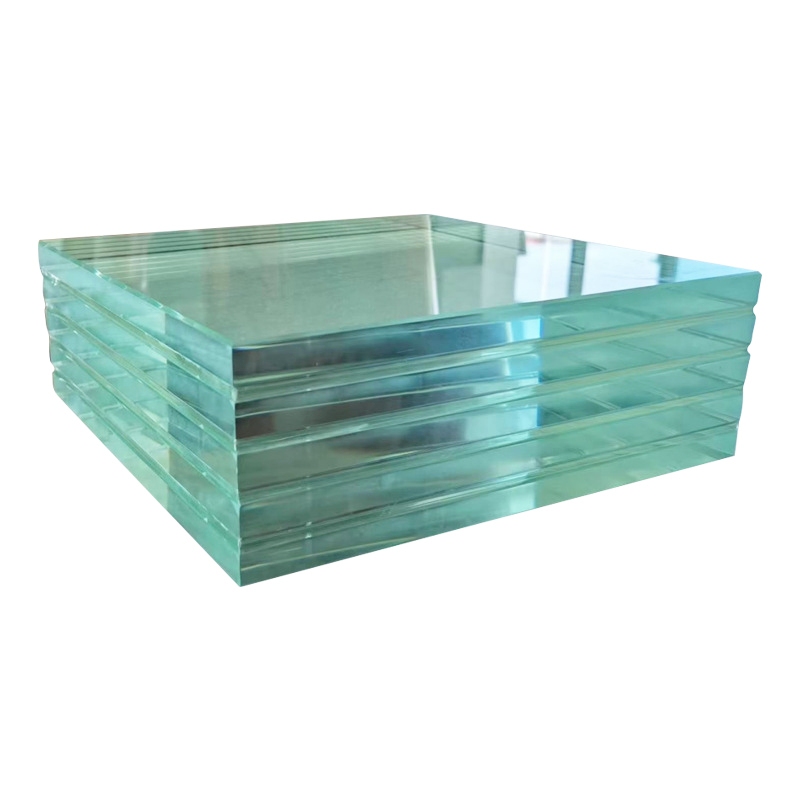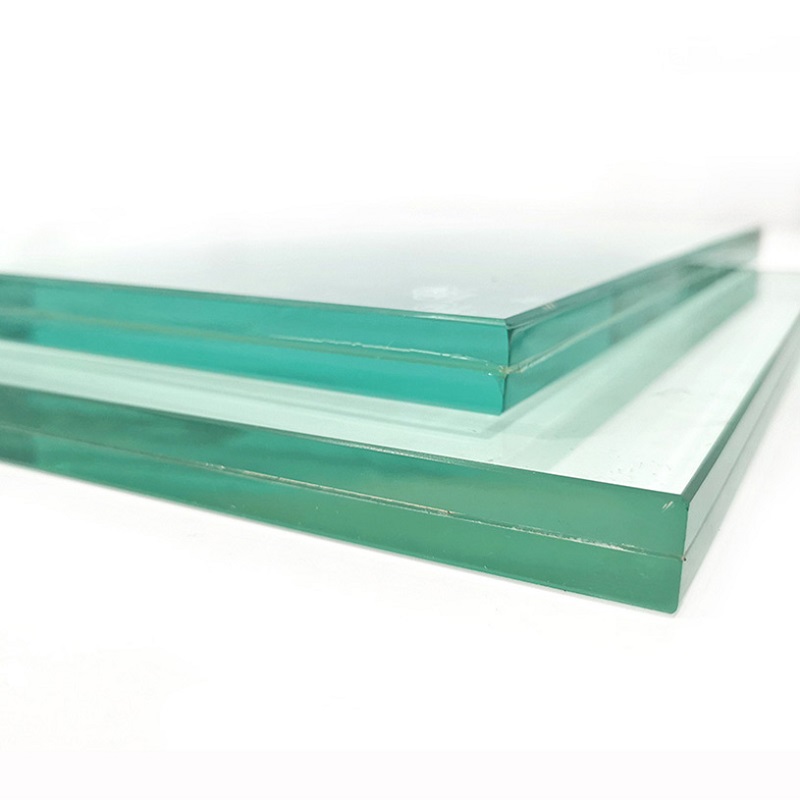Maintenance and Care of Entry Cleaning Machine in Glass Coating Production Line: The First Line of Defense for Coated Glass Quality
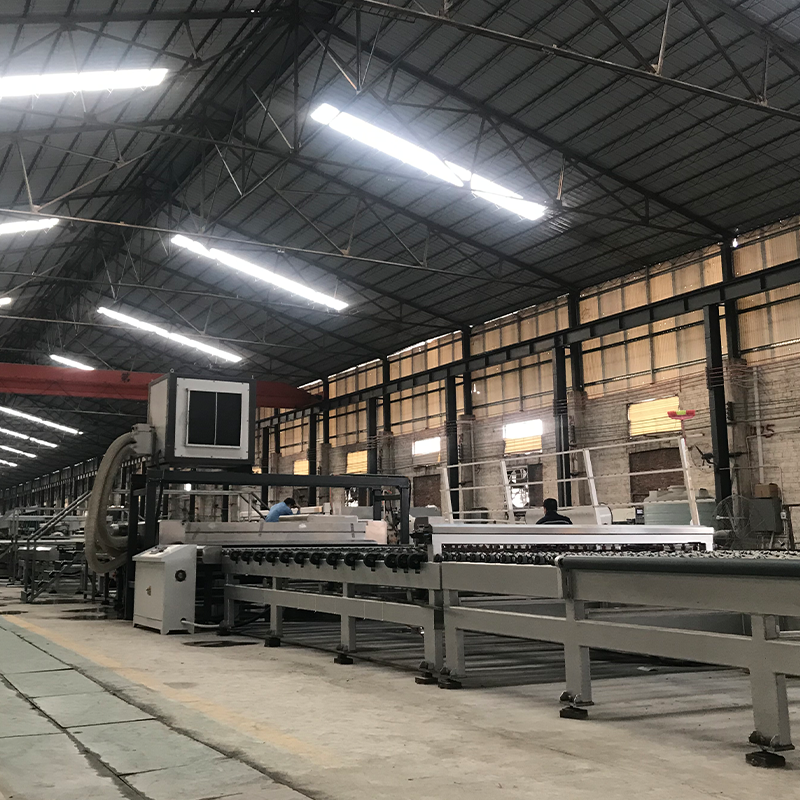
In the glass industry, coated glass has become a popular choice in construction, automotive and other fields due to its excellent performance. A high-quality coated glass, from raw sheet to finished product, every production link embodies the ultimate pursuit of details, and the entry cleaning machine is the "invisible quality gatekeeper" in this series of links. As a manufacturer specializing in high-quality glass production, we understand that only when every piece of glass entering the coating process maintains a "zero-defect" clean state can the coating adhere perfectly and present the bestperformance. Today, from a popular science perspective, we will take you to understand the maintenance knowledge of the entry cleaning machine, and at the same time reveal how it protects our high-quality coated glass.
I. Daily Maintenance: Daily Basic Inspection to Lay a Solid Foundation for Equipment Operation
Daily maintenance is the first line of defense to prevent failures. Operators need to complete corresponding work before starting the machine, during operation, and after shutdown every day to ensure that the equipment is in the best condition, which is also our basic operation to ensure the initial cleanliness of each piece of glass.
(1) Inspection Before Starting
Water Source and Water Pressure: Check whether the water inlet valve is fully open and confirm that the water supply pressure is stable within a suitable range. The coated glass we produce has extremely high requirements for surface cleanliness. If the water pressure is insufficient, it may lead to insufficient spray force, unable to completely remove tiny impurities on the glass surface; if the water pressure is too high, it may damage the spray pipeline and affect the subsequent cleaning stability.
Power Supply and Control System: Check whether the power indicator light is on normally, whether the touch screen or control buttons are sensitive, and whether the emergency stop button is in the reset state. A stable control system is the premise to ensure the precise control of the cleaning process, which is consistent with our concept of precise control over every step of glass production. If an alarm code appears, contact technical personnel for troubleshooting immediately and do not start the machine forcibly.
Rollers and Brushes: Visually inspect whether there are foreign objects stuck in the conveying rollers and whether there are impurities such as thread ends and paper scraps wrapped on the surface of the brush rollers to ensure that the glass conveying channel is unobstructed. Any tiny foreign object may cause scratches on the glass surface and affect the final coating effect, which we will never tolerate.
(2) Monitoring During Operation
Spray System: Observe whether each spray nozzle sprays water evenly and whether there is blockage or water leakage. The high-precision spray system we use can ensure that every corner of the glass surface is cleaned evenly. If some nozzles are found not to discharge water, mark the position and clean or replace them after shutdown to ensure no dead corners in cleaning.
Brush Rotation Speed: Confirm that the brush roller rotates stably without abnormal noise. A suitable rotation speed can allow the brush to remove impurities without damaging the glass surface. We have strict parameter settings for the brush rotation speed. If the rotation speed is unstable, it may be due to loose motor belts or frequency conversion system failures, and the machine must be shut down for inspection in time.
Glass Cleaning Effect: Randomly take the cleaned glass, wipe the surface with a white silk cloth, and observe whether there are residual stains. This step is an important reference in our quality control process. If the cleaning effect decreases, check the wear degree of the brush or adjust the spray angle to ensure that the glass entering the next process meets our high standards.
(3) Cleaning After Shutdown
Equipment Surface: Rinse the equipment shell and glass inlets and outlets with clean water to remove residual glass debris and water stains, so as to avoid scaling affecting the service life of the equipment. A clean equipment environment is the basic guarantee for producing high-quality glass.
Filtration System: Clean the impurities on the surface of the primary filter (such as filter screens and filter elements). If the filtering effect is significantly reduced (such as reduced water output), the filter element must be replaced in time. A pure water source is the premise of glass cleanliness, and we never slack off in the maintenance of the filtration system.
Drainage System: Check whether the drainage pipeline is unobstructed to ensure that sewage is discharged smoothly and prevent sewage from flowing back to pollute the inside of the equipment. This is also an important measure for us to keep the production environment clean and avoid cross-contamination.
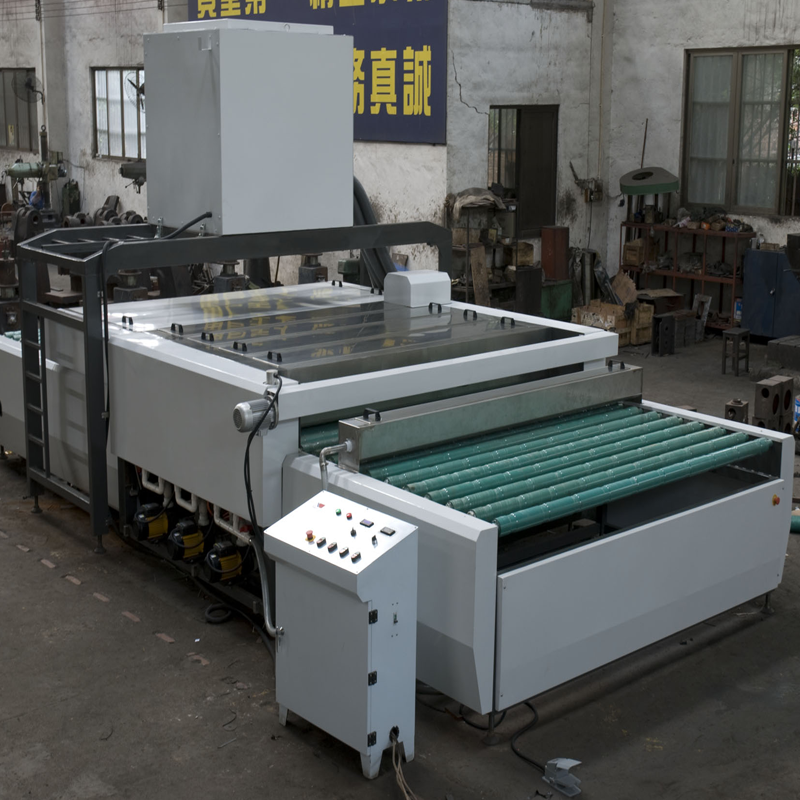
II. Regular Maintenance: Conduct In-depth Maintenance According to Cycles to Extend Equipment Service Life
Regular maintenance needs to formulate a cycle plan (such as weekly, monthly, quarterly) according to the operation time of the equipment, which is carried out by professional maintenance personnel, focusing on the performance status of mechanical transmission, electrical system, and key components. This is the key for us to maintain efficient operation of the equipment for a long time and stably produce high-quality coated glass.
(1) Weekly Maintenance
Lubrication of Transmission System: Add special grease to the rotating parts such as the conveying roller bearings and brush roller drive shafts to ensure flexible rotation and reduce friction loss. Stable transmission can ensure that the glass is evenly stressed during conveying, avoiding scratches caused by shaking, which is consistent with our goal of pursuing a perfect glass surface.
Brush Adjustment: Measure the contact pressure between the brush and the glass surface. If the pressure is too high, it is easy to cause excessive wear of the brush; if it is too low, it will affect the cleaning effect. It is necessary to calibrate through adjusting bolts. We will accurately adjust the brush pressure according to different thicknesses and types of glass to ensure the cleaning effect while protecting the glass original sheet.
Sensor Calibration: Calibrate the glass position sensor and liquid level sensor to ensure that the equipment can accurately identify the glass size and cleaning fluid level and avoid misoperation. Precise sensing control is the basis for realizing automated production and an important means for us to improve production efficiency and ensure the consistency of glass products.
(2) Monthly Maintenance
Inspection of Motor and Reducer: Use an infrared thermometer to detect the temperature of the motor shell, listen to whether the reducer runs with uniform sound. If there is abnormal noise or abnormal temperature, check the amount of lubricating oil and replace the gear oil if necessary. A stable power system is the guarantee for the continuous operation of the equipment, which enables our production line to continuously produce high-quality glass.
Pipeline Tightness: Check whether there is leakage at the interfaces of the water inlet, drainage, and cleaning fluid circulation pipelines, fasten loose joints, and replace aging sealing rings. A tight pipeline system can avoid water waste and pollution, and also conform to our concept of green production and energy conservation, indirectly ensuring the sustainability of glass production.
Detection of Cleaning Fluid Concentration: If the equipment uses alkaline cleaning fluid or deionized water, regularly detect the concentration value and replenish it in time when it is insufficient to prevent the cleaning effect from decreasing. We will accurately prepare the cleaning fluid according to the stain characteristics on the glass surface to maximize the cleaning effect on the glass.
(3) Quarterly Maintenance
Inspection of Electrical Components: Open the electrical control cabinet, clean the internal dust with compressed air, check whether the contacts of contactors and relays are oxidized, and whether the wire connections are loose. If necessary, polish or replace them. A stable electrical system is the core of the safe operation of the equipment, which can effectively avoid production interruption caused by electrical faults and ensure the stability of our glass supply.
Calibration of Roller Parallelism: Use a laser level to detect the parallelism of the conveying rollers. The error must be controlled within a reasonable range; otherwise, it may cause glass deviation and scratches. This reflects our ultimate pursuit of production precision. Only when every link is accurate can we produce coated glass that meets high standards.
Water Tank Cleaning: Empty the cleaning water tank, rinse the inner wall scale and sediment with a high-pressure water gun, and if necessary, soak with a special descaling agent to prevent microorganisms from breeding and blocking the pipeline. A clean water tank environment can ensure the purity of the cleaning water source and protect the cleanliness of the glass from the source.
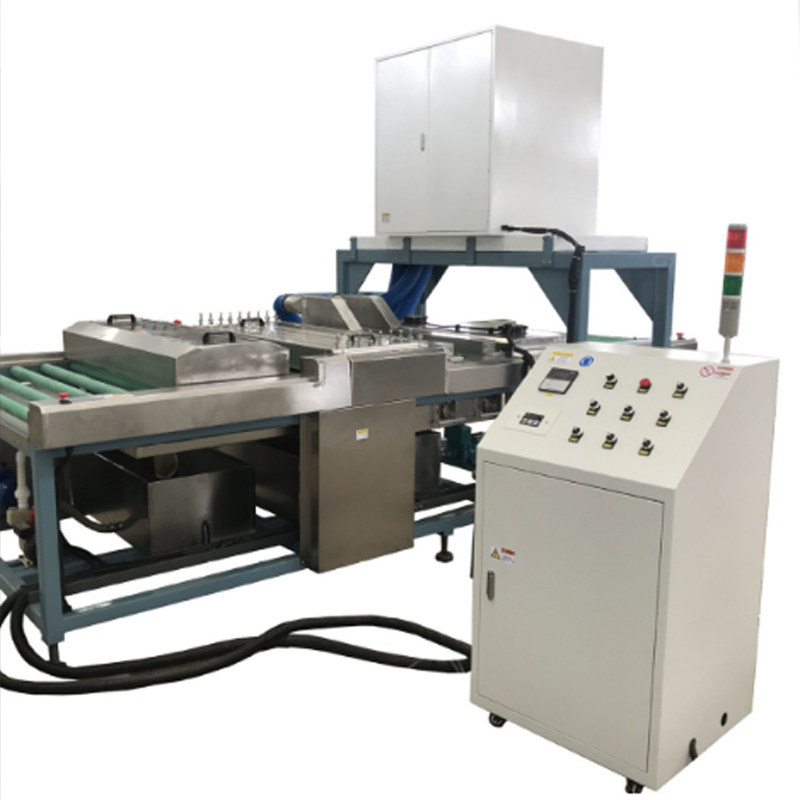
Conclusion
Although the entry cleaning machine is not the core processing equipment in glass production, it is a key link to ensure the quality of coated glass. We have always believed that high-quality coated glass comes from the ultimate pursuit of every production detail. From the daily maintenance to regular maintenance of the entry cleaning machine, from the replacement of wearing parts to troubleshooting, every step embodies our adherence to glass quality.
It is this focus on details that makes our coated glass win a good reputation in the market. We not only provide customers with high-quality glass products, but also are willing to share these production knowledge related to glass quality, so that everyone can understand the "ingenuity" behind a piece of good glass. Choosing our coated glass, you will get not only high-quality glass products, but also our eternal commitment to glass quality.
glasscoated glasscoated glasscoated glasscoated glasscoated glasscoated glasscoated glasscoated glasscoated glasscoated glasscoated glasscoated glasscoated glasscoated glasscoated glasscoated glasscoated glasscoated glasscoated glasscoated glasscoated glasscoated glasscoated glasscoated


